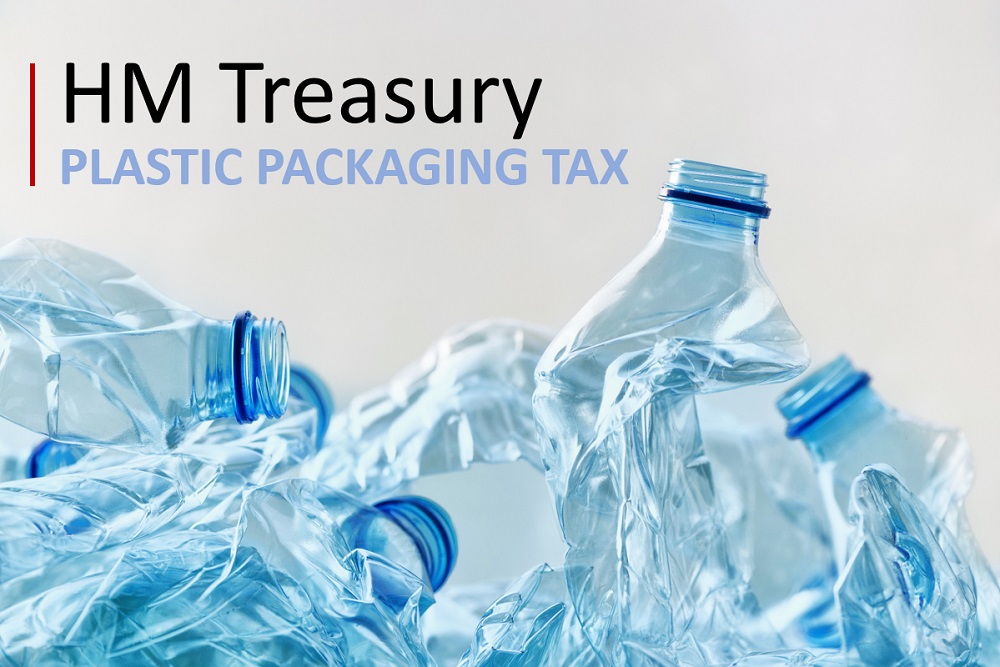Plastic Packaging Tax Collections 6% Down Year-On-Year.

In the 2023-2024 financial year, £268 million was collected from the Plastic Packaging Tax (PPT), down from £285 million in the previous year, 2022-2023.
During this period, 42% of the total plastic packaging produced or imported into the UK was subject to the tax. Of the remaining 58%, 11% was either exported, intended for export, or converted, while less than 1% was exempt due to its use in immediate packaging for human medicines. The majority, 46%, was exempt because it contained 30% or more recycled plastic.
New data provided HMRC in their latest statistics release details the current state of the Plastic Packaging Tax (PPT) since its launch in 2022
The reduction in tax revenue could indicate a shift towards more sustainable practices although it may be a further indication of reduced demand for both consumables and packaging. However with 42% of plastic packaging still taxable under the PPT it highlights the ongoing challenge for businesses in meeting the 30% recycled content requirement.
With the value of Packaging Recovery Notes continuing to fall since October 2022 it is difficult to square the fact that producers are meeting their obligations when more than 40% of the plastic packaging reaching the market continues a high majority of virgin material.
A further indication of an immature market yet to find its equilibrium despite significant market intervention by the UK government?
You can read the full commentary on the .Gov website here
